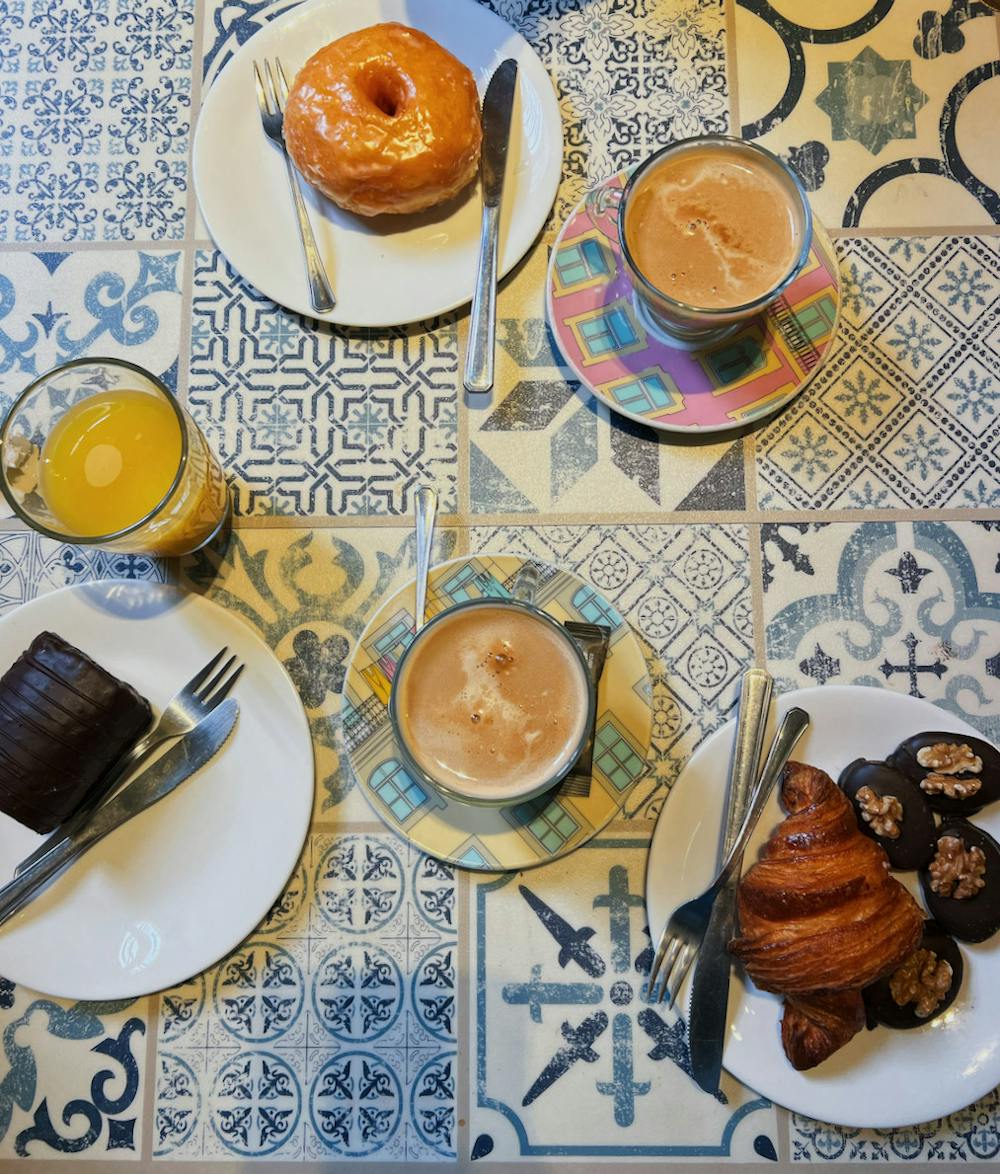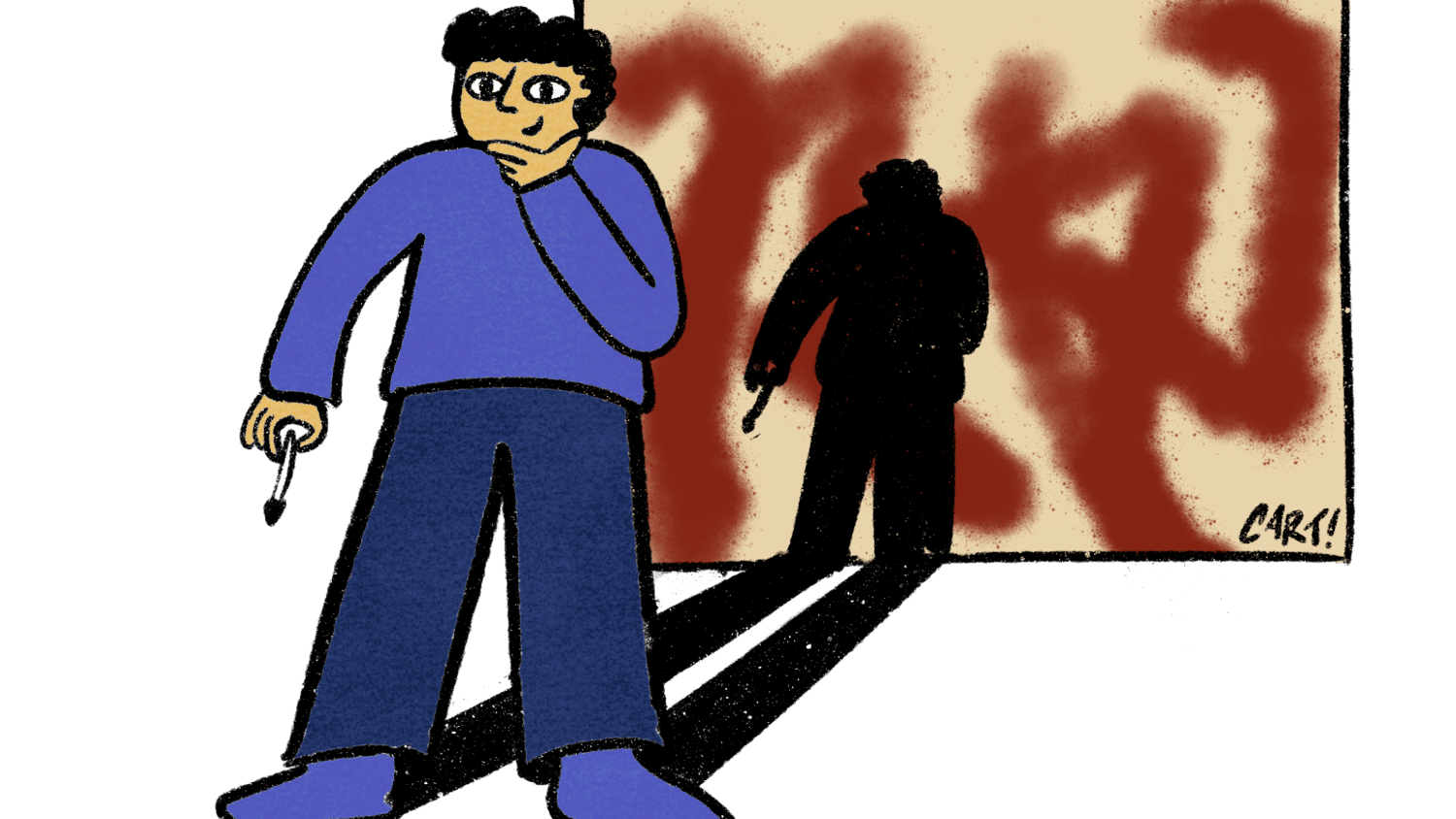Fish and chips in London; crêpes in Paris; gelato in Florence; schnitzel in Vienna —
The excitement of trying authentic food almost always plays into your eagerness to visit a new city or explore a country outside of your own. However, for people with food allergies, this sensation is not always possible.
I have Celiac, which is an autoimmune disease triggered by eating gluten. It’s a little more serious than an allergy, and it’s definitely not a preference. Something as minor as eating off a plate that hasn’t been washed since having bread on it can cause me to be sick for days. My reactions usually cause me to go to the hospital.
It’s not easy to live with, but I have had years to adjust and construct patterns in my life. I have my safe restaurants practically on speed-dial, and I usually know exactly where to look in the grocery store to find gluten-free food.
Traveling to a new country with severe food restrictions was one of my biggest concerns before I moved to Spain for my study abroad program. I was right to worry about this. However, through my difficulties abroad, I grew in my personal endurance, determination and bravery.
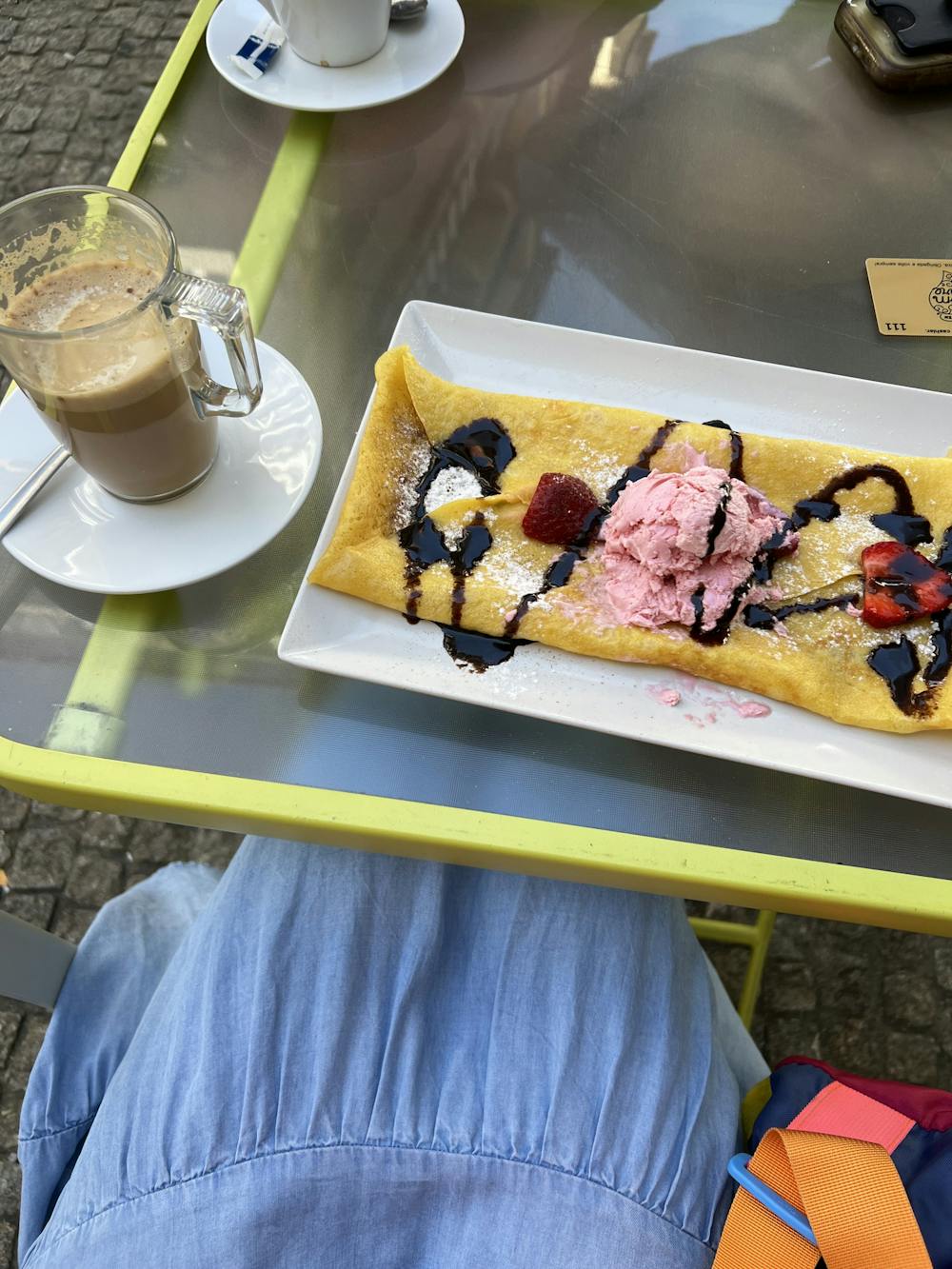
With dedicated gluten-free facilities few and far between, my first line of defense is usually to go to a grocery store rather than eating out. By doing this, I am able to examine all the ingredients for myself instead of placing trust in someone who may or may not know about gluten-free dietary restrictions. This strategy works very well until you’re in a country where you don’t know the language and can’t read any of the ingredient labels.
My Spanish became very functional, but when I visited places that spoke French, German, Italian or Portuguese, I was totally at a loss. Google Translate was my humble servant.
When I traveled on the weekends, I would fill my carry-on to the brim with gluten-free snacks, but sometimes the airport or train station security would not allow food to be taken across borders.
As a result, I often found myself in situations where it was difficult to find food my body could digest.
I once went to four different grocery stores in a small Portuguese town before finding some organic granola bars to sustain my appetite. Another time, I spent 20 minutes trying to ask a German cook to change his gloves and not include the bread crumbs on top of my food.
There is usually an emblem on packaging for gluten-free food, but even this can vary from country to country.
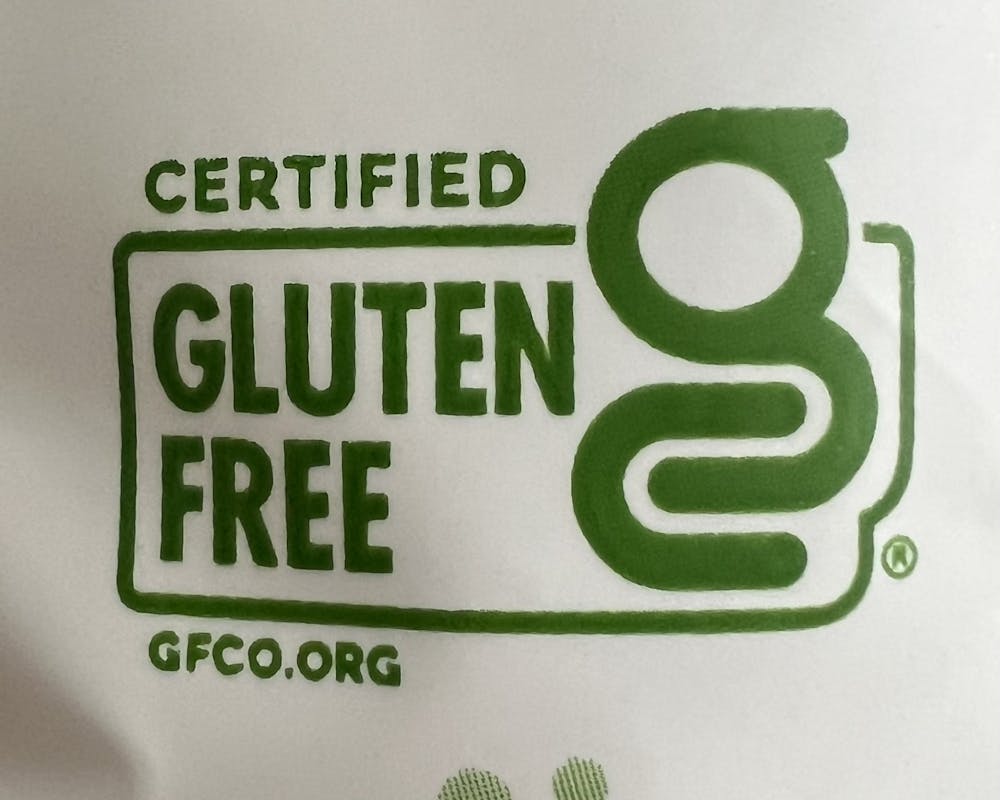

While visiting Paris, France, I encountered my weirdest food situation. I went to a grocery store close to where I was staying to get my usuals: meat, cheese and some sort of potato chip or snack. The store had all those food items, only their ingredients were enhanced by the land flowing with wine and bread.
France is notorious for its love of all things gluten, and so many of my “safe” items all included edges, crumbs or supplements of wheat. The only gluten-free items I could find in the entire store were eggs, ice cream and water.
It was neither delicious nor very nutritious, but I survived off of eggs and ice cream for two days. Those meals definitely took some endurance to continue to eat, and they produced a new level of gratitude in me for food variety.
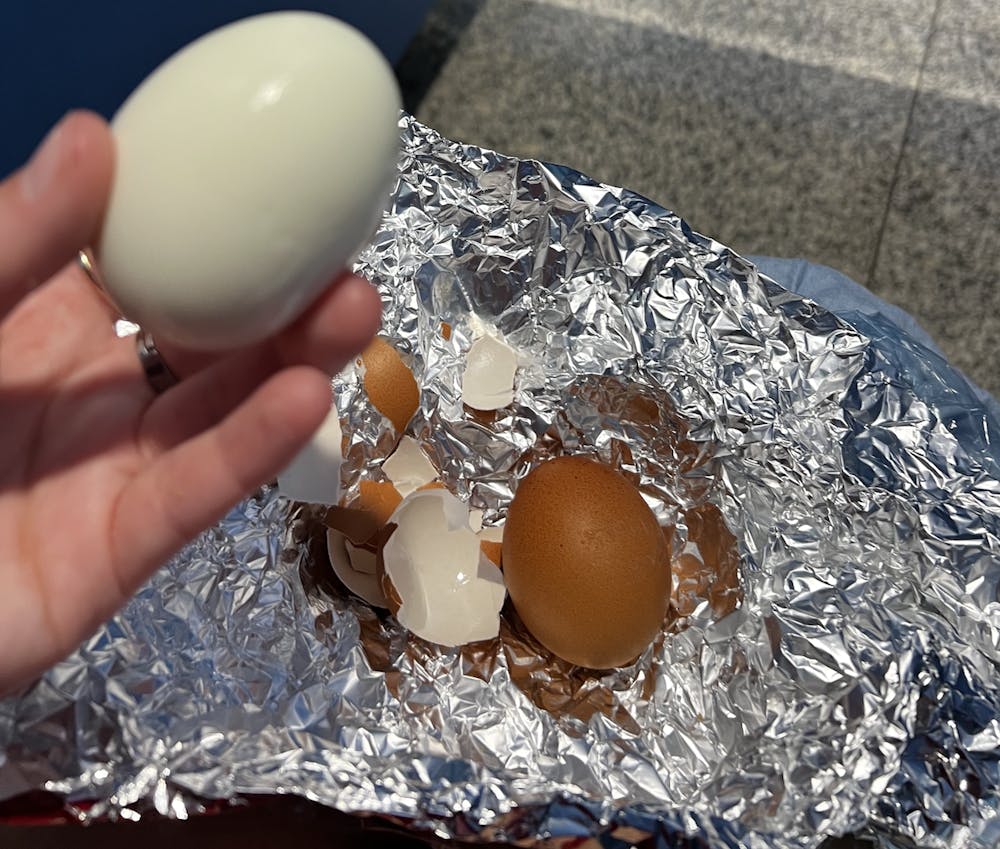
This lesson was very useful because a week later, I had a Celiac reaction at my home in Spain. It was one of my worst ones to-date, and it resulted in a trip to the hospital and ten days in bed.
During the reaction, it was difficult to articulate my emotions and needs in Spanish. Then when I went to the hospital, there was a whole new world of vocabulary I had never been around — allergies, medical procedures and testing terminology.
I remember feeling so weak for so long, and the only thing I had enough energy to do was lie in bed and look around — look out the window, watch Spanish television or look at the pictures taped to my wall. These sick days brought me to a new low: loneliness not only in my circumstances of having an allergy, but also loneliness of being sick in a country far away from the comfort of routine and family.
It was not easy to withstand, but I learned so much from this reaction. I learned how to ask for help in a new way, and I learned to understand a new level of myself. Even though it was difficult to be grateful for my body when it was creating so much trouble for me, I eventually learned to appreciate the situations it gave me.
Because of the severity of my reaction, I connected with my host mom in a new way and formed deeper relationships with my professors in the program. When I was finally able to get out of bed, I had a newfound appreciation for my Spanish town as well as a deeper familiarity after observing it from the window for ten days.
Dealing with food allergies and other personal issues abroad may seem like a curse. They are indeed difficult, but my experience with Celiac in Spain ultimately created a deeper connection with my surroundings and a stronger resilience within myself.
I want to encourage everyone who is scared of getting outside their comfort zone, especially due to personal challenges: you can do it. Even when you face setbacks, you will still have an experience that is ultimately good and worthwhile, if you only dare to try and never let yourself give up.
Do you like this story? The Plainsman doesn't accept money from tuition or student fees, and we don't charge a subscription fee. But you can donate to support The Plainsman.

Sami Grace Donnelly, senior in English literature, began writing for the Plainsman in the fall of 2021. She has served as a columnist, writer abroad, Opinion Editor, managing editor and is now Editor-in-Chief of the Plainsman.

